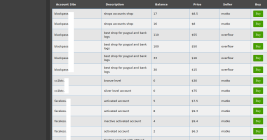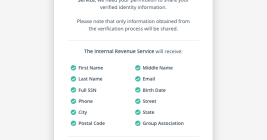Fake Investor John Bernard Sinks Norwegian Green Shipping Dreams
Several articles here have delved into the history of John Bernard, the pseudonym used by a fake billionaire technology investor who’s tricked dozens of start-ups into giving him tens of millions of dollars. Bernard’s latest victim — a Norwegian startup hoping to build a fleet of environmentally friendly shipping vessels — is now embroiled in a lawsuit over a deal gone bad, in which Bernard falsely claimed to have secured $100 million from six other wealthy investors, including the founder of Uber and the artist Abel Makkonen Tesfaye, better known as The Weeknd.













